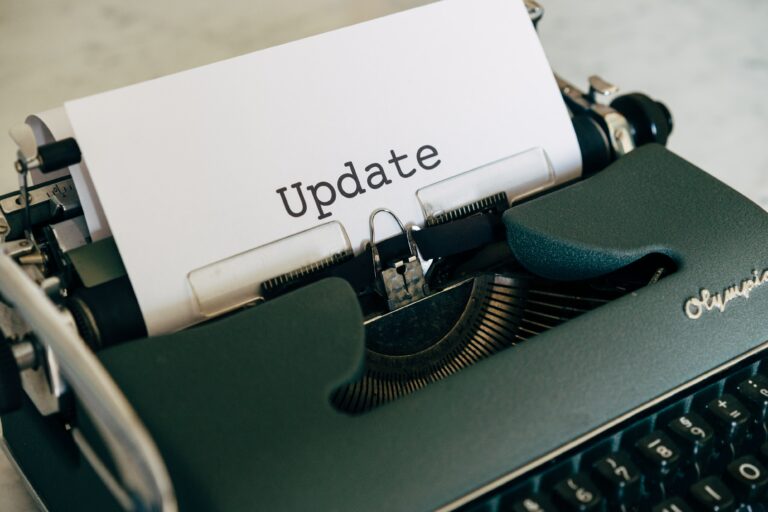
What Should I Know About Probate Costs?
The cost of probate depends on several factors. One of the most important is the state where the decedent lived. The cost of probate varies from state to state, depending on the general cost of living in the state and state probate laws. Other factors also impact the cost of probate.
Nasdaq.com’s recent article entitled “How Much Does Probate Cost?” provides a breakdown of fees associated with probate. The process of probating an estate will settle the estate after the decedent’s death and following their last will and testament. It’s also used for those who die without a will or intestate. Assets owned only by the decedent are usually addressed in the will and are distributed according to the decedent’s wishes. An executor is usually named in the will, and an administrator of the estate is appointed in the case of a decedent dying intestate. The executor takes an inventory of the decedent’s assets, pays the decedent’s outstanding debts and presents the inventoried estate to the court for settlement. If there are no objections to the will, the estate is closed. If there are objections, the probate judge is responsible for settling them. The longer the probate process drags on, the more expensive it will be.
Probate can be a time-consuming process. A modest estate may take six to 24 months to settle. Larger estates can take even longer, if they’re complex. It also necessary to add in more time if the will’s contested or beneficiaries can’t be found. The longer the process, the more expensive it becomes. Probate costs in 2021 run about 3% to 8% of the value of the estate. Let’s look at the key costs of probate:
Court Costs. This includes filing fees. Some states require the same filing fee for all estates, while others have a graduated scale depending on the size and complexity of the estate. The more complex the estate, the higher the court costs.
Executor Costs. The executor of a will is typically paid at least a nominal fee. Fees are mandated by state law, unless the decedent specifies in his or her will what the executor should be paid. Some states permit a flat and “reasonable” fee which may be determined by the court. Other states require a graduated fee, such as a certain percent of the estate for the first $100,000 and so on. If the will doesn’t state the executor’s fee or if the decedent dies intestate, the court determines the executor’s fee.
Accounting Fees. Accounting costs can be high with more complex estates. If the decedent has complicated business affairs to sort out or owns many stocks and other securities, the complexity will require higher accounting fees. The accountant will also have to file federal and state taxes in the form of a final return.
Attorney Fees. When the executor believes an attorney is needed, the attorney is paid out of the estate. Attorney’s fees can be state-mandated, determined by the court, or set by the attorney depending on the anticipated workload.
Estate Administration Fees. The executor will often incur significant costs of administering the estate, such as property appraisals, and a real estate agent may have to be hired and paid to dispose of property or businesses. A property may also have to be managed until it’s sold or the estate is closed.
Reference: Nasdaq.com (Feb. 2, 2023) “How Much Does Probate Cost?”








